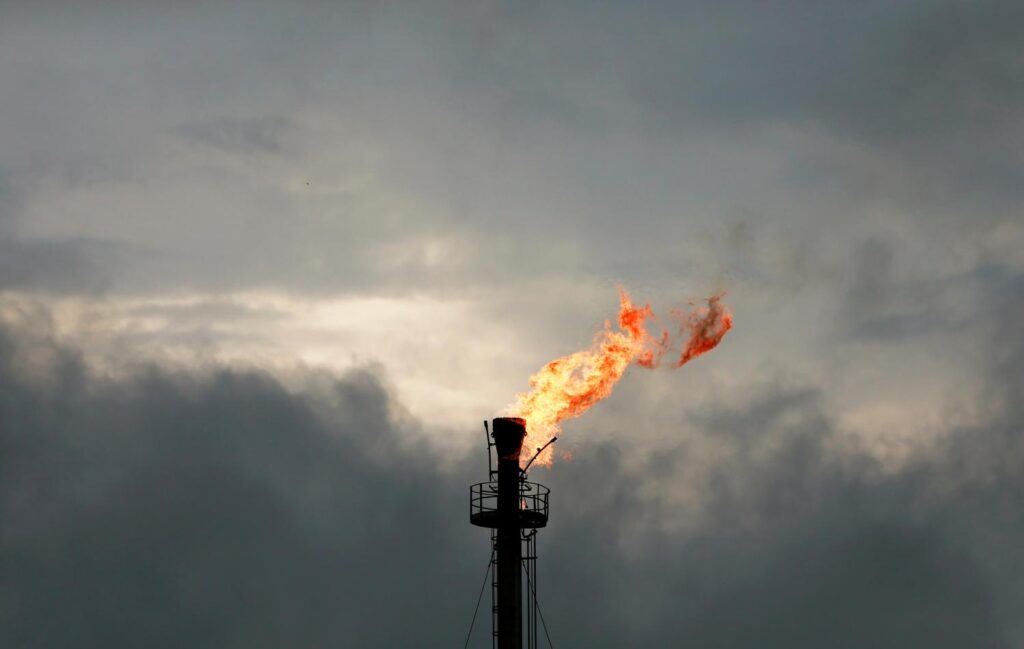Nigeria’s oil production outlook remains bleak, with forecasts indicating an output of 1.4 million barrels per day (bpd) including condensate for the second half of 2024. This figure falls significantly short of the 1.8 million bpd quota set by OPEC and the 1.7 million bpd benchmark in Nigeria’s 2024 budget, potentially leading to an oil revenue shortfall of about N1 trillion.

Data from the Nigerian Upstream Petroleum Regulatory Commission (NUPRC) shows a declining trend in oil output since January 2024, dropping from 1.6 million bpd to 1.25 million bpd in June 2024. OPEC’s June 2024 Monthly Oil Market Report corroborates this data, placing Nigeria’s output at 1.2 million bpd in May 2024.
The situation is further complicated by a 15.8% month-on-month decrease in oil exploration activities in May 2024, as indicated by the drop in rig count from 19 to 16.
Energy experts express concern over the short-term outlook. Dr. Bala Zakka, an energy expert, states, “The outlook does not look bright in the short and medium term because the facts are there.” NJ Ayuk, Executive Chairman of the African Energy Chamber, emphasizes the need to reduce oil theft and prevent pipeline vandalism to stabilize production.

Despite these challenges, some industry leaders remain optimistic. Mele Kyari, Group CEO of NNPC Limited, asserts that Nigeria has the capacity to produce 2 million bpd with its current assets. Gbenga Komolafe, Commission Chief Executive of NUPRC, highlights ongoing efforts to boost investment and production through asset divestments and licensing rounds.
The Minister of Petroleum Resources (Oil), Senator Heineken Lokpobiri, underscores the importance of increased production for Nigeria’s economic prosperity. Meanwhile, legal expert Dr. Olisa Agbakoba calls for a transformational new oil and gas policy focused on development and accountability.
As Nigeria grapples with these production challenges, the coming months will be crucial in determining whether the country can reverse the downward trend and meet its economic goals. The situation underscores the urgent need for strategic interventions and policy reforms in Nigeria’s oil sector to secure its position as a major oil producer and boost economic growth.
Source: vanguardngr.com


